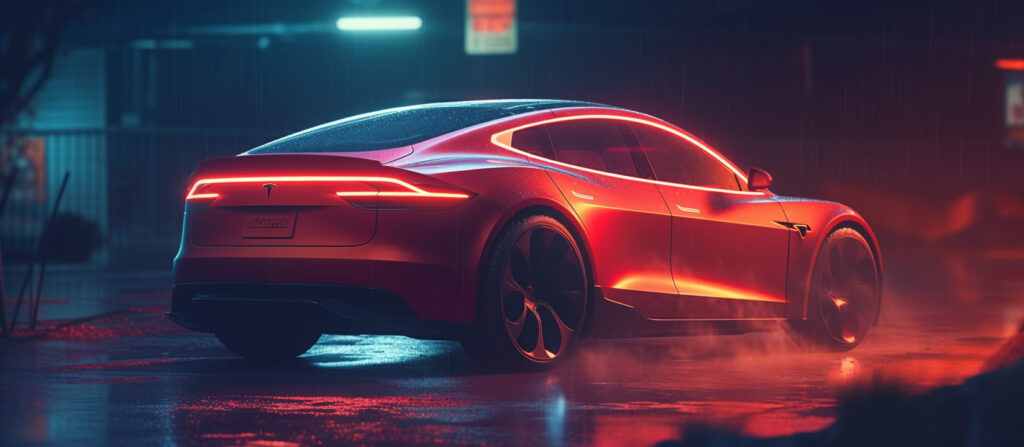A recent comprehensive study has shattered long-standing beliefs about Tesla’s battery longevity. Contrary to popular opinion, frequent Supercharging doesn’t accelerate battery degradation. This revelation has stirred the electric vehicle industry, prompting enthusiasts and skeptics alike to revisit their perceptions.

Key Takeaway: Tesla batteries, even with regular Supercharging, showcase remarkable resilience, debunking previous industry apprehensions.
The Study’s Core Findings
- Battery Degradation Minimal: Tesla vehicles experience a mere 12% degradation after 200,000 miles.
- Consistent Results Across Models: Data indicates similar outcomes for Model 3. Interestingly, the Model Y’s battery seems to fare even better with regular fast charging.
- Charging Habits Analyzed: The study juxtaposed cars that predominantly fast charge (90% of the time) with those that do so under 10% of the time. The outcome? No notable disparity in battery range reduction between the two groups.
Tesla’s Stance on Battery Longevity
In light of these findings, Tesla’s owner manual has evolved. While it no longer discusses the impact of regular DC fast charging on battery life, it does hint at a slight dip in the peak charging speed. However, Tesla also cautions against fast charging in extreme temperatures, emphasizing the importance of optimal conditions for battery performance.
In Conclusion: The resilience of Tesla’s battery, even with frequent Supercharging, underscores the brand’s commitment to innovation and quality. As electric vehicles continue to dominate the roads, such revelations fortify Tesla’s position at the forefront of the EV revolution.
References and Facts
Here are some related news and facts about the study on Tesla battery longevity and frequent Supercharging:
- A recent study by Recurrent, which has access to data from over 12,500 Tesla vehicles in the US through its software service, shows that Tesla battery degradation is not accelerated by frequent Supercharging, which was previously thought123.
- The study reveals that there’s little to no difference in battery degradation between frequent fast charging and rare fast charging13.
- The data shows the same result for Model 3, and frequent fast charging actually makes long-term battery degradation a bit better on Model Y1.
- To ensure maximum driving range and battery safety, the battery charge rate is decreased when the battery is too cold, when the battery’s charge is nearly full, and when the battery is too hot15.
- Tesla Superchargers are designed to give Tesla drivers a fast and convenient charging experience on the road, and Tesla recommends using Superchargers for long-distance travel and not as a primary source of charging5.
- A YouTube video from 2019 discusses whether frequent Supercharging is bad for Tesla Model 3 battery, but it is not related to the recent study by Recurrent6.